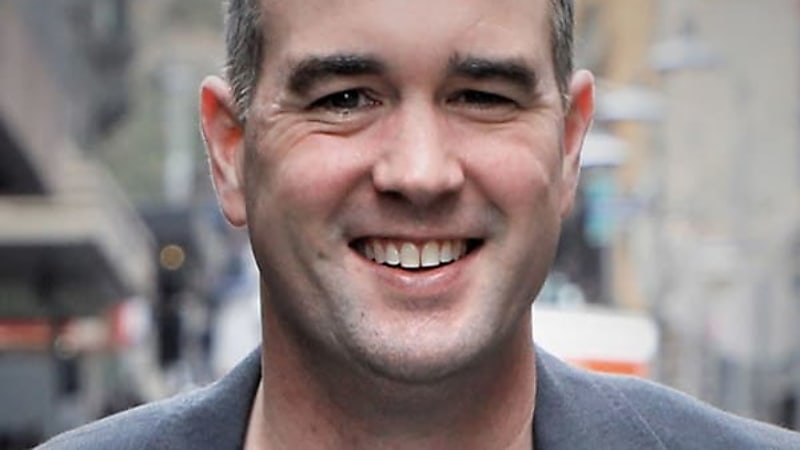Caddick case highlights importance of high standards in audit industry: expert
The Melissa Caddick case highlights the high standards that are required of auditors in the sector, says a leading adviser.
In a recent SMSF Adviser podcast, Aaron Dunn, CEO of Smarter SMSF, said auditors and audits play an important role in the sector, and having the right professional standards and auditors in place concerning the ATO and ethics obligations is crucial.
“There's a lot of debate about how much you should be paying for audits,” he said.
“It's often referred to as the grudge purchase. [The Caddick case] is not simply a by-product of ‘How cheap can I get this done?’”
“Auditors are going to have to manage risk within their organisations, and this is the result of what could happen if the appropriate work isn't completed in the audit process.”
Mr Dunn said there have been two other similar cases in the past few years.
The first case was Cam & Bear Pty Ltd v McGoldrick in 2018, where the NSW Court of Appeal was asked to consider whether the actions of an SMSF auditor, John McGoldrick, caused the losses suffered by an SMSF.
“Ultimately, the case centred around whether the assets that were inside the fund were adequately assessed,” Mr Dunn said.
The second case, Ryan Wealth Holdings Pty Ltd v Baumgartner [2018] NSWSC 1502, was heard by the NSW Supreme Court.
In this instance, the trustee of an SMSF, Ryan Wealth Holdings, initiated proceedings against auditor Baumgartner Partners, claiming that as a result of the failures of the auditor, David Keith Baumgartner, irregularities went undetected for many years.
When those irregularities were ultimately discovered, the opportunity to redeem money arising from a series of failed investments had been lost.
“We have here again in the Caddick case, a situation whereby we have trustees that have got a financial loss as a result of the activities of Melissa Caddick,” Mr Dunn said.
“In this situation, if the audit process had been done as robustly as the profession would attest it needed to be done, particularly in regard to unlisted investments, then there is an argument that the burden of proof for the evidence that should have been obtained, should have been probably better than what it was.”
Mr Dunn said, on the back of the previous two cases, auditors had an obligation to obtain sufficient appropriate audit evidence to verify assets, and in particular unlisted assets.
“Ultimately, the ATO said when you go through this process, you need to look at and observe, as part of that completion of the audit, what information has been requested,” he said.
“This includes any sort of agreements, rights, obligations, where there might be loans in place, requesting financial statements and details of entities that are linked to the financial statements of the SMSF.”
He continued that in the Caddick case, if the audit had been done appropriately it would have potentially highlighted the fact that there was an issue with the representation of the assets.
“This is why we continue to see the ATO making referrals to ASIC. The upholding of the standards in this industry needs to remain front and centre,” he said.
“I think these sorts of cases will continue to highlight the fact that the audit role is an important role.”


